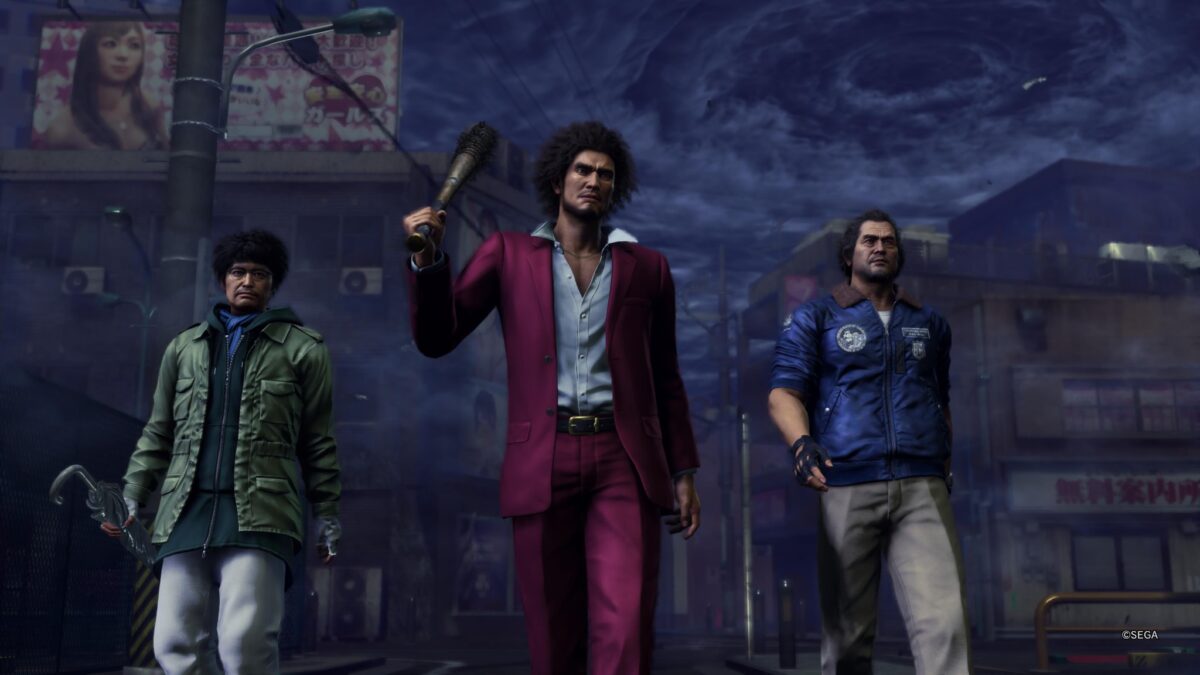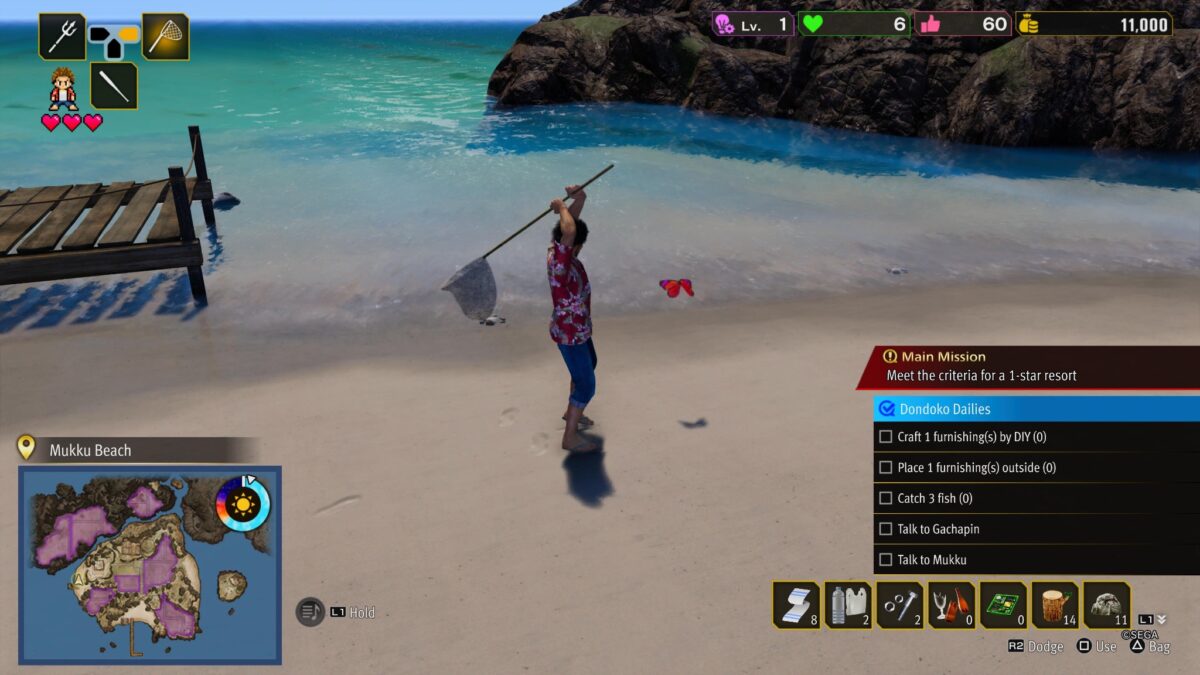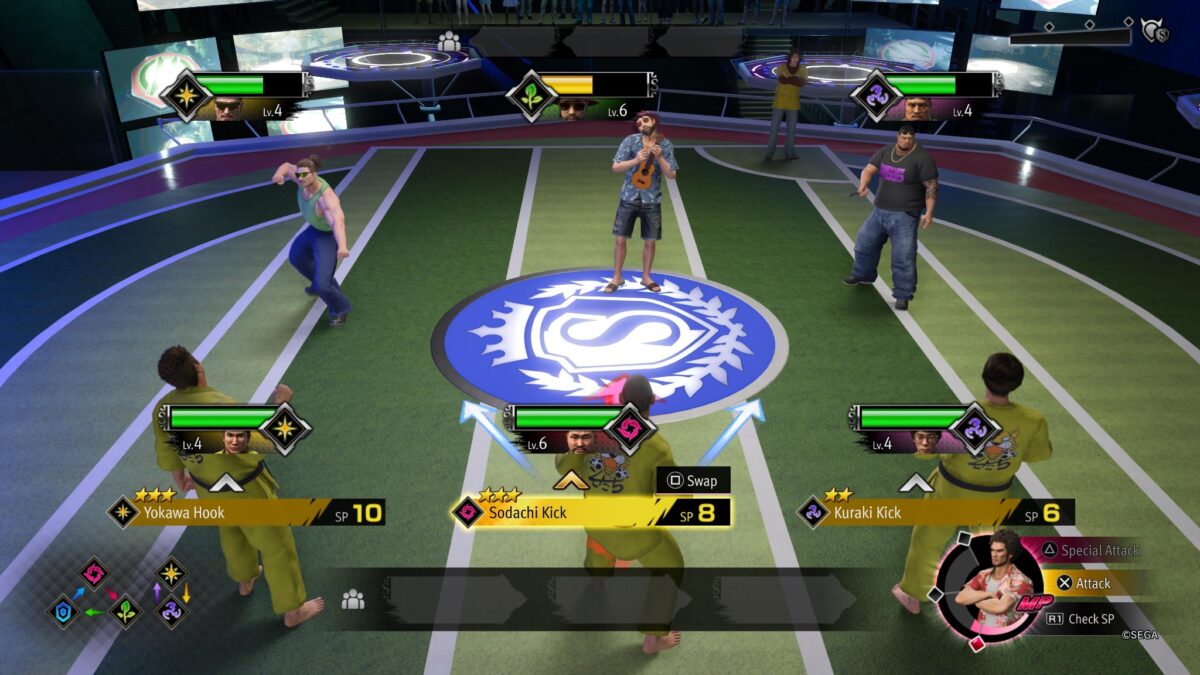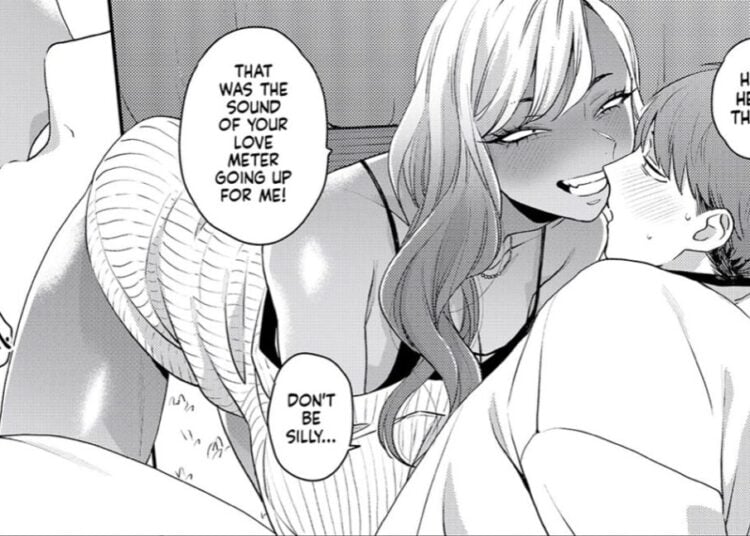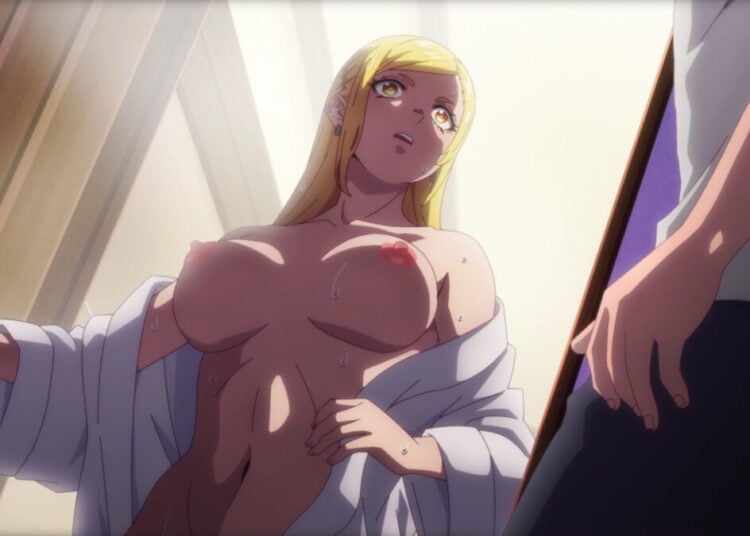Before I get into Like a Dragon: Infinite Wealth, I have something shameful to admit. I never finished a Yakuza/Like a Dragon game until 2020’s Yakuza 7: Like A Dragon. I tried to get into the series with the third and fourth games, but it never clicked. So when Sega released that legendary April Fool’s Day trailer of the next game being a turn-based RPG, I said I would buy it on day one. Then they said it wasn’t a joke. So, I picked it up and it became one of my favorite RPGs of all time. I found myself connecting more to Ichiban and his group far better than I do with most media protagonists these days.
Originally a 3D brawler series, Yakuza as a franchise went through seven games — Yakuza 0 to Yakuza 6 — with Kazuma Kiryu as the star. Yakuza 7: Like a Dragon, not only brought a new title with it but a new protagonist, Ichiban Kasuga. Where Kiryu made a name for himself as a legend of the yakuza across several in-universe years, Ichiban was a down-on-his-luck man from start to finish. His story is one of finding the good in everyone, no matter what life throws at him. I will refrain from spoiling any of the prior entries here, but 2020’s Yakuza 7 is a safe entry point for newcomers. Infinite Wealth is anything but, as it banks on the player having knowledge of the entire series for maximum impact. Using a dual protagonist setup, both Ichiban and Kiryu have starring roles. So, does Infinite Wealth stack up? You’re about to find out.
Like a Dragon (Quest)
Infinite Wealth has ironed out nearly all of the issues with the prior entry’s battle system. The small change of being able to reposition before attacking and the more direct control of using the environment in your attacks go a long way. On top of that, no party member feels underpowered. Everyone has an active role, and the default Jobs are all pretty good. Kiryu himself, despite being a party member and going along with Ichiban’s chunibyo delusions, can break himself free of the compunction for a short while and turn the battle into a brawler like older entries. Unfortunately, he doesn’t get this ability until much later in the game. Summons and other cinematic battle skills are still absolutely insane and over-the-top. The only change I didn’t like is that if your “main” character goes down, it’s an instant game over. The enemies know who to focus on too.
Moving on from battles, the world itself is still brim-full of the side content you expect. Not a single block of city space is wasted, as is typical from RGG Studio. Despite taking place in a few different locations, everywhere from Honolulu to Yokohama got the love and attention it deserved. There’s something charming about an RPG set in the modern day that uses the setting to its full advantage. Minigames and side stories return, with some rivaling other full games in their depth. I’ll touch on the big ones later. For the smaller stuff, you have everything from an Uber Eats version of Crazy Taxi to series staples like karaoke.
Like a Tsujimon: Yakuza Crossing
But the stars of the side content are doubtless the Dondoko Island and Sujimon content. Dondoko Island is essentially Animal Crossing: New Horizons. Frankly, I’m shocked this is included in the main game. It’s a huge mode with so many moving parts that it could easily be its own standalone release if they wanted to be more greedy with their DLC. I enjoyed my time with the mode. It’s a good palette cleanse whenever you want to take a break from the RPG mechanics within Infinite Wealth.
Sujimon, on the other hand, is RGG Studio’s answer to Pokémon. In the previous game, Sujimon were merely the enemies you fought and a clear reference to Pokémon. Here, they are fully explored with a Sujimon League, capture mechanics, elemental typings, and turn-based combat. It’s still literally just people, which makes the absurdity of the content all the more noticeable. Trust me when I say 2024 is starting out strong when a middle-aged Japanese man is commanding three other middle-aged Japanese men to fight a team composed of the same in sanctioned league battles. While it lacks the depth of a standalone game, the mini-game is a welcome addition to the already-packed title.
Spoiler Free Story Overview
This is where I feel Infinite Wealth falters a bit compared to Yakuza 7. Ichiban is a strong character and can absolutely carry the game on his own. Yakuza 7 already proved that, with most overt references to the older games being near the end. That said, it feels like RGG Studio buckled under the initial negative fan response to Ichiban. Kiryu is back again and steals the spotlight frequently. Ichiban has more chapters, but they don’t have the same quality in their writing. Ichiban is much more naive this time around, with his story being about people taking advantage of him. Honestly, Kiryu’s presence in the story undermines not only Ichiban and his friends, but himself. His side of the story is reflective and self-indulgent, with callbacks to the entire series. It’s obviously meant to appease long-time fans, but it can seem forced.
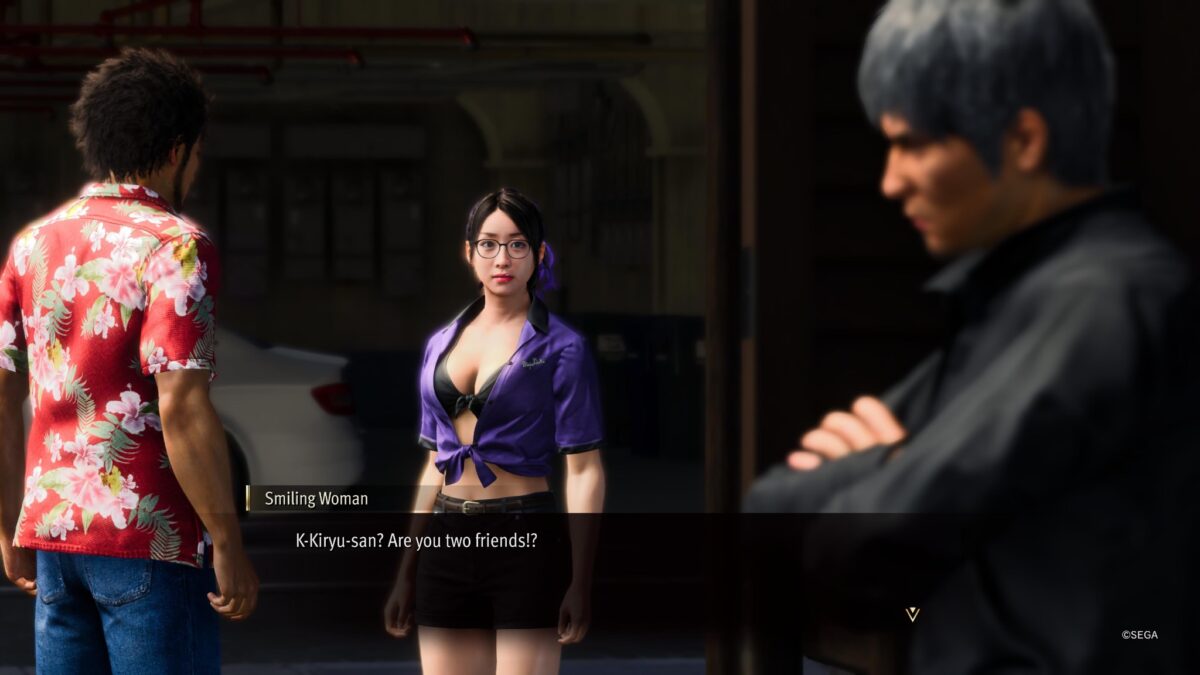
Finally, though Infinite Wealth doesn’t move at the glacial pace of say, Persona 5, it still falls into the trap of excessive dialogue, padding, and story beats not being followed up on for a long time, if at all. To top it all off, there are some truly one-dimensional villains this time around. But the high points outweigh the lows. Bringing the story to Hawaii opens up social commentary on issues facing some Americans these days while also tackling things like internet echo chambers and the court of public opinion brought about by that. Infinite Wealth is at its best when, like in the previous game, it shines a light on the personal struggles we could all face and the gray side of humanity. No teenagers killing gods here.
The Seedy Underbelly of Infinite Wealth and Closing Thoughts
All this aside, there were some strange decisions made in the more behind-the-scenes aspects. The first of which was Sega’s bizarre and outright greedy decision to lock a feature as bog standard as New Game+ behind an extra $15-$20. Remember, this is also the first entry in the series to cost $70. So if you want the full experience, that will now be $85-$90, which is absurd. There’s no good reason to lock such a simple feature away other than greed. Adding to this, Sega completely flubbed the physical launch. My own copy was delayed, and several others I’ve spoken to in the community still don’t have theirs. Some just opted to buy digitally. This was the biggest launch with the most physical preorders in the series’ history. To miss the mark this badly on production is sad.
Overall, Infinite Wealth is an incredible game periodically held back by a padded story and executive meddling. When it shines, it shines brighter than a Honolulu sunrise. It also offers some of the most polished and expansive side content in the series. The emotional and personal highs for the story are still above the competition, but the overarching plot is a step back. All things considered, it is better than Yakuza 7 in terms of gameplay, but not story. General fan response rates the main story among the weakest in the franchise and I agree. I wouldn’t quite call it a sophomore slump for Ichiban, but I’m beginning to think the series is suffering a bit.
Like A Dragon: Infinite Wealth is available now on PlayStation 5, Xbox Series, and PC for $70.
Let’s Chat
You made it to the end of this post! Thank you! As a token of our appreciation, enjoy an extra 5% off your next order when you use the code BLOG at checkout. Also, don’t forget to follow J-List on all our platforms!
- Twitter / X, where Peter posts anime booba for you
- Bluesky, where we post several times a day
- Facebook, where we used to share memes and discuss anime
- Discord, if you want to chat with other J-List customers of culture
The next big RPG is Final Fantasy VII: Rebirth, and we have the incredible Bring Arts Kai of Cloud in stock. Be sure to check it out!


